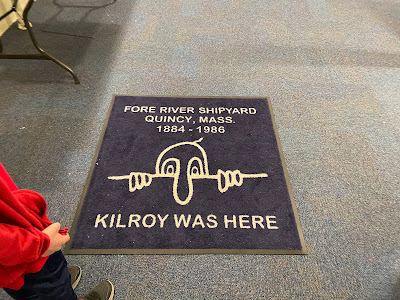I just finished reading Shih-shan Henry Tsai's The Peasant Movement and Land Reform in Taiwan, 1924-1951 (MerwinAsia, 2015). The main feeling I got from the book is reflected in Tsai's conclusion, where he writes about the Japanese-era peasant movement led by Chien Chi (Jian Ji 簡吉),
Invariably, peasant movements and land reform, like war and politics, are a question of power. Without power, one can make fiery speeches, but they do not fundamentally change anything. Lacking real power, Chien Chi's tenant union could and did conduct an attention-getting social movement, even including a few petitions and bloody skirmishes, but it accomplished little. The Japan Peasants Union and other left-wing groups sent advisors, money, and Bolshevik know-how to assist the Taiwanese cause, but to no avail. In the end, it was the JCRR experts, power, money, and the New Deal know-how that finally lifted underprivileged Taiwanese peasants out of semi-serfdom and found a way to fully fulfill Chien Chi's vision and advance his cause.
That said, the details in Tsai's history tell a somewhat more nuanced story that makes it hard to compare the effectiveness of the Peasant Union with that of the JCRR. The main difference I saw between the two was that the Japanese colonial government did not seem at all interested in meeting the demands of the peasants because it wanted to Japan and its zaibatsu to profit off of the work of the Taiwanese. In the case of the KMT, on the other hand, despite the regime's use of terror, coercion, and propaganda to quiet the Taiwanese people, the government also grudgingly cooperated with US advisors to institute a land reform program that successfully allowed peasants to own the land that they tilled. Postwar Taiwan had no zaibatsu cartels to appease; instead, the government had to appease the Americans who were supporting the KMT rulers ideologically, militarily, and economically.
In terms of Tsai's narrative, I also noticed that the discussion of the Japanese era peasant movements focused a lot more on individuals than that did his story of postwar land reform. This makes sense, I suppose, since the peasant movement was more of a bottom-up attempt to confront the agricultural policies of their Japanese rulers. This necessarily involved various personalities such as Chien Chi, Fuse Tatsuji (布施辰治), Chang Yu-lan (Zhang Yulan 張玉蘭), Yeh Tao (Ye Tao 葉陶), and others.
At the same time that the movement was "bottom-up," its leaders relied a lot on their Japanese mentors in the Japanese peasant movement. According to Tsai, this also moved at least some members of the Taiwanese movement to the left and eventually to Communism. Here Hsieh Hsueh-hung (Xie Xuehong 謝雪紅) makes an appearance along with other Taiwanese Communists, and here Tsai ties the peasant movement in Taiwan to some other leftist movements in the world, although, as some reviewers have pointed out, he doesn't spend much time making comparisons to peasant movements in other countries.
Tsai also ties the peasant movement of Chien Chi to the Taiwan Cultural Association and people like Chiang Wei-shui (Jiang Weishui 將渭水), whose worry about the increasing leftism of the peasant movement led him and other more moderate members to break away from the movement and the TCA.
Overall, I enjoyed the book and would recommend it as an introduction, particularly to some of the personalities involved in the peasant movements in Japanese-era Taiwan.
Here are a couple of reviews of the book:
- Alsford, Niki. “The Peasant Movement and Land Reform in Taiwan, 1924–1951. SHIH-SHAN HENRY TSAI . Portland, ME: Merwin Asia, 2015. Xx + 248 Pp. $55.00. ISBN 978-1-937385-80-4.” The China Quarterly, vol. 227, Cambridge University Press, 2016, pp. 844–45, https://doi.org/10.1017/S0305741016000989.
- You, Jong-sung. “The Peasant Movement and Land Reform in Taiwan, 1924–1951, by Shih-Shan Henry Tsai. Portland, ME: Merwin Asia, 2016. Xx+232 Pp. US$65.00 (cloth).” The China Journal (Canberra, A.C.T.), vol. 78, 2017, pp. 225–27, https://doi.org/10.1086/691706.























